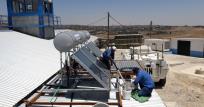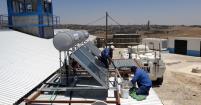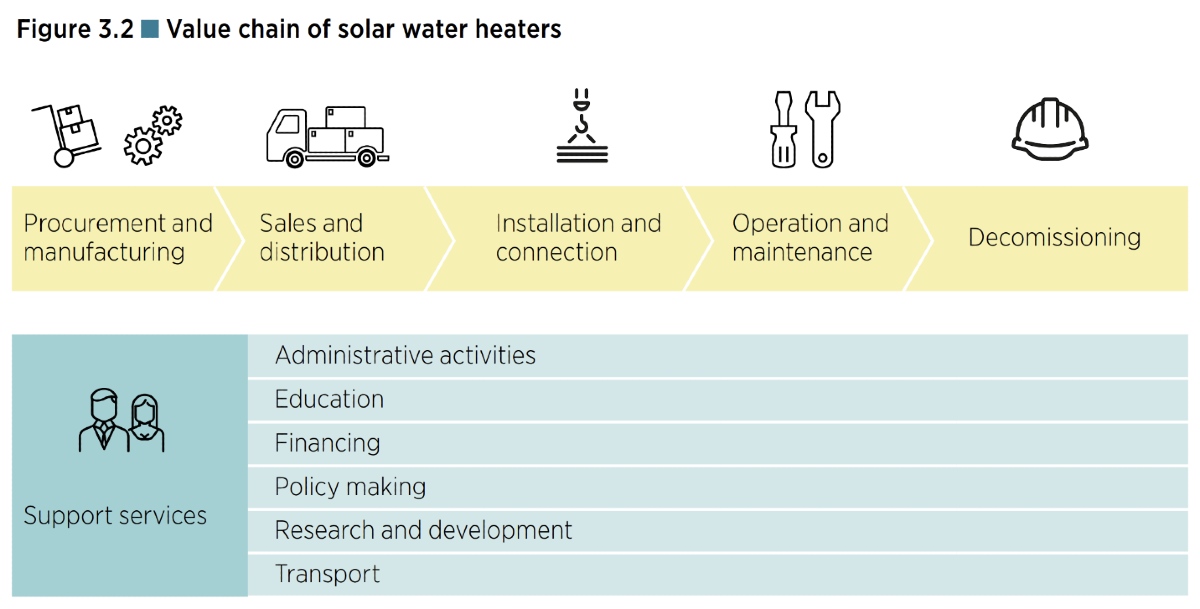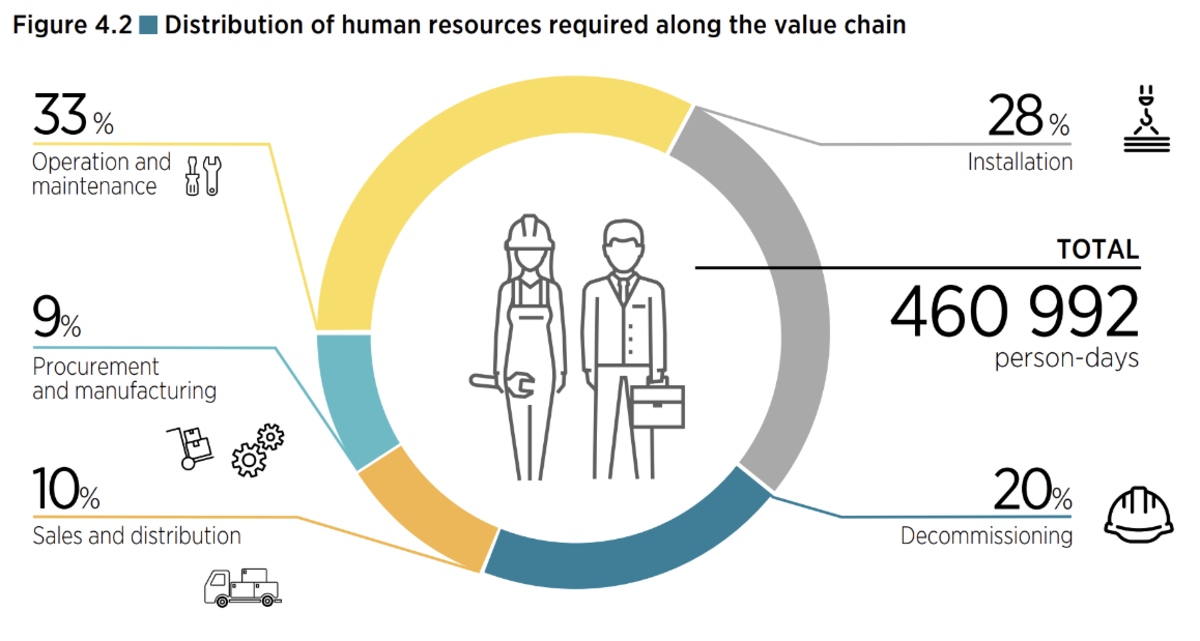

How Solar Water Heaters Industry Benefits the Local Economy
Newsletter
Heating and cooling account for nearly half of global final energy consumption, but most of the energy use is currently generated from fossil fuels. With the declining costs of renewable energy, solar has become especially attractive for water heating. Just like other renewable energy technologies, solar water heaters have a role to reduce greenhouse gas emissions, create jobs, improve healthcare and communications, and drive local commerce through the market and industry they build at the local level.
The case for local industries is especially pertinent in the time of COVID-19, when countries experience disruptions in the supply of materials and workforce, and domestic supply chains have proved to be very essential for the economies. Policies are therefore crucial to strengthen local industries, consequently expanding benefits along all segments of value chains by leveraging local capacities to create domestic value.
Solar water heaters are a mature technology that has been successfully deployed in several countries for more than 30 years, mostly in the residential sector, providing an affordable solution for many households. It is assumed that a four-member household uses about 300 litres of hot water per day. Given that heating water accounts for about 18% of household energy use on average, and that demand for hot water is growing with household incomes, the decarbonisation of water heating in particular becomes a key element of the on-going energy transition.
In its latest addition to the Leveraging Local Capacity series, IRENA examines beyond the environmental benefits of solar water heaters by outlining the ample opportunities for the creation of local socio-economic value presented by domestic solar water heaters industry. The Renewable Energy Benefits: Leveraging Local Capacity for Solar Water Heaters examines the kinds of jobs created and suggests ways for policymakers to build on existing solar water heaters industry.
Project planning for solar water heaters takes place in the households. As solar water heating involves a relatively simple technology, local manufacturers in most countries—often small to medium enterprises—can produce, install, and maintain the systems themselves. The potential to create value mostly lies in the following phases of the value chain: manufacturing, wholesale distribution, sales and installation, as well as operation and maintenance. Some of the technology’s main components—such as the collector, the pump, or the storage tank—can be manufactured locally, thus creating local jobs.

The skills needed to manufacture, install, and maintain a solar thermal system are easily transferable from occupations in manufacturing, construction, and plumbing. The manufacturing, planning, installation, and decommissioning of small-scale solar water heater systems for 10,000 single-family households requires more than 460,000 person-days, and the labour requirements vary across the value chain. Complete assessment of the human resources requirement for the entire value chain can be seen in the figure below.

Domestic value creation can be maximised by leveraging and enhancing capabilities in existing industries along the value chain, or developing them through policies and measures that stimulate demand for solar water heaters and later enhance capacity along the value chain. To further drive domestic solar water heaters industry, policy makers can implement the following measures:
- Setting ambitious targets for the number of systems, collector surface or thermal capacity.
- Issuing obligations and mandates to install solar water heaters.
- Providing financial incentives such as grants, low-interest loans, and tax incentives.
- Setting technical standards for product quality through certifications and warranties.
- Implementing appropriate training and retraining programmes for the proper, efficient, and safe installation and maintenance of solar water heaters.
In addition, initial measures to enhance consumer awareness of solar water heaters benefits are key to overcoming non-economic barriers. The environmental benefits are clear; reduced greenhouse emissions lead to a climate-safe world and improved healthcare. But if the public understands how the technology also benefits them economically, a competitive market will be created, starting at the local level and scaled up to national level.




